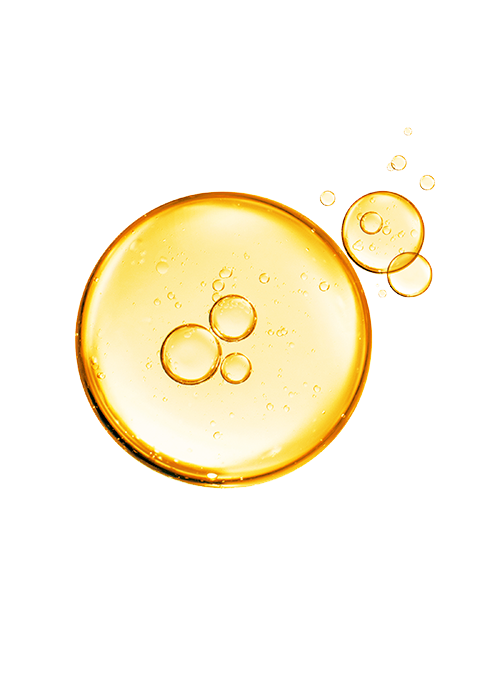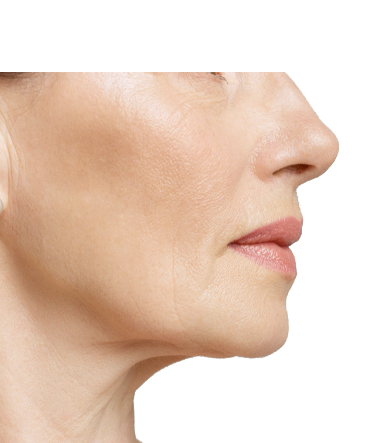
What is Vitamin E
Vitamin E, known scientifically as tocopherol, is a fat-soluble vitamin naturally found in many foods, oils, and plant leaves. It’s a powerful antioxidant that is crucial for maintaining healthy skin. In skincare, Vitamin E is valued both for its protective properties and its ability to nourish and heal the skin.
Skin Benefits of Vitamin E
The primary benefit of Vitamin E for the skin is its antioxidant action, which helps protect the skin from damage caused by free radicals and environmental aggressors like UV rays and pollution. This protection can help prevent premature aging, including fine lines and wrinkles.
Vitamin E also helps in repairing and improving the skin barrier, aiding in moisture retention and hydration, making it excellent for dry and damaged skin. Additionally, it has anti-inflammatory properties, which can soothe and calm irritated skin.
Why Use Vitamin E
Vitamin E is a versatile ingredient in skincare that addresses multiple concerns. Its antioxidant properties make it an essential ingredient for protecting skin health and combating signs of aging. Its moisturizing and repairing abilities also make it beneficial for dry, damaged, or irritated skin. Vitamin E is often found in various skincare formulations, including creams, serums, and oils, making it an easy addition to most skincare routines.

FAQ
Who is Vitamin E best for?
Vitamin E is beneficial for all skin types, but it is especially helpful for those with dry, aging, or damaged skin. Its protective qualities also make it suitable for those looking to prevent environmental damage to the skin.
What to consider before using Vitamin E
When using Vitamin E, consider the concentration and the form in which it is included in skincare products. High concentrations can be too heavy for oily skin. Also, those with very sensitive skin or specific allergies should patch-test first.
Can Vitamin E be used daily?
Yes, Vitamin E can be used daily as part of a skincare routine, either in the morning or evening.
Is Vitamin E safe for acne-prone skin?
While Vitamin E is generally safe, it can be heavy for acne-prone skin. It's advisable to use it in moderation and look for non-comedogenic formulations.
How does Vitamin E interact with other skincare ingredients?
Vitamin E works well with most skincare ingredients, including Vitamin C, for enhanced antioxidant protection. However, be cautious when combining it with strong acids or retinoids.
Can Vitamin E help with scars?
Vitamin E can help improve the appearance of scars to some extent due to its healing properties, although its effectiveness can vary from person to person.
Vitamin E is a valuable ingredient in skincare, offering protective, moisturizing, and healing benefits. Its ability to combat free radical damage and support skin health makes it a popular choice in many skincare products.
Arianna Skincare: Harnessing Nature, Unleashing Brilliance
